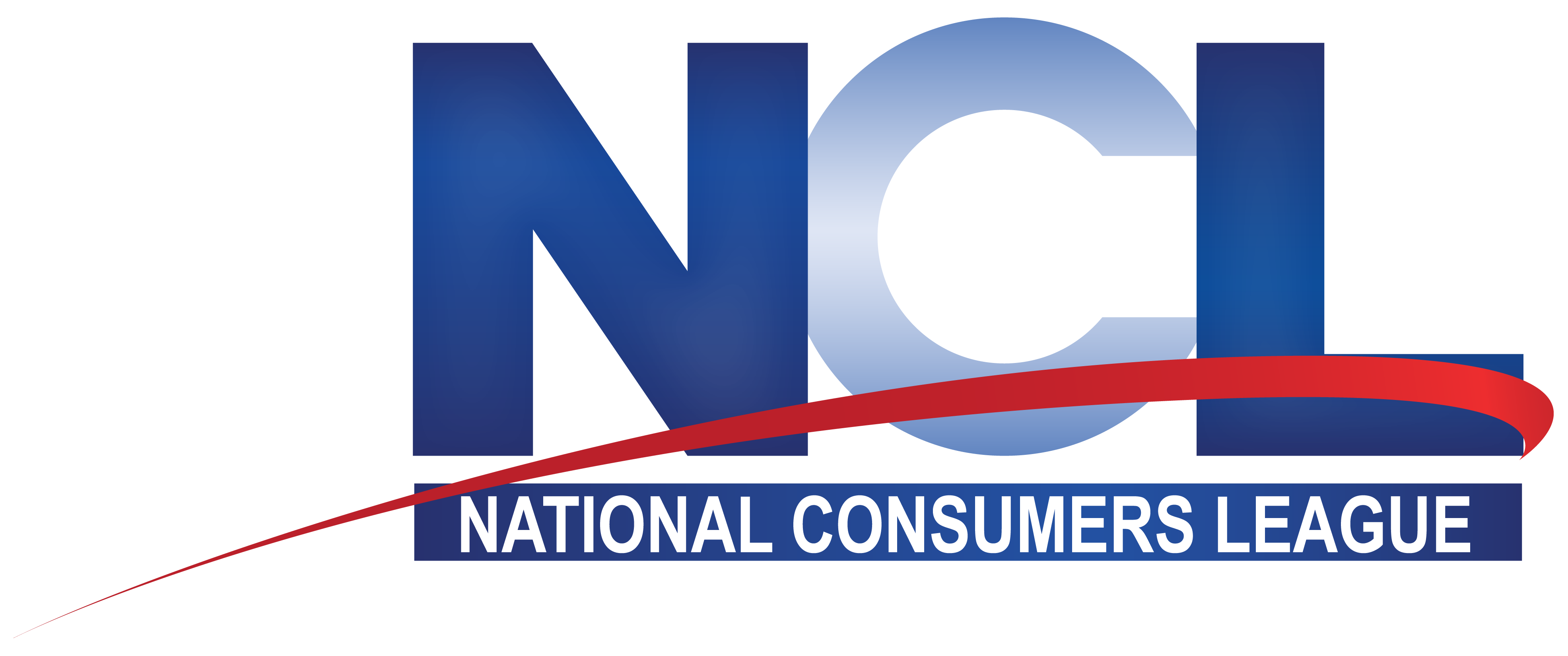Unexpected eBay 1099-K form could be fraud
At Fraud.org, we’ve recently heard from a handful of consumers who received realistic-looking IRS 1099-K documents from eBay — a form that reports profits from selling items on an online marketplace. The problem? Many of the recipients of the letters do not have a history of selling any merchandise online. In some cases, the consumers we’ve heard from don’t even have eBay accounts! This is a topic of discussion showing up in other forums as well recently.
To add to the confusion, some consumers are actually active sellers on eBay, and some of the info on the tax form appears to be correct. But a mix of accurate details with unrecognized claims has made it difficult for recipients to know what to do next.
Consumer fraud experts like those running Fraud.org suspect that the unexpected or erroneous tax forms may be an indicator of fraud. We’re still trying to get to the root of the mysterious forms, but in the meantime, can offer some strong rules of thumb when it comes to filing taxes safely — without using information you suspect is wrong.
Hold onto the forms (but don’t file using them).
It’s important that you do not file your taxes using information you do not recognize or that you know to be inaccurate.
While some may just throw away a 1099-K that shows income that they did not earn, it is important to hold on to any tax-relevant documents, including 1099-K’s and W-2’s that show incorrect earnings. Although these notices may (hopefully) have been sent in error, they could also be a sign that the recipient is a victim of identity fraud. Since these tax-related notices are often tied to a Social Security number, an unrecognized source of income may mean that someone else is using your credentials.
eBay’s explanation
It is still unclear what the underlying problem is that is resulting in the IRS 1099-K forms being sent out. eBay representatives have reportedly said that the documents were likely sent out in error, and that recipients should toss them out. We believe this is poor advice, given the unresolved status of the issue on eBay’s end. There are potential implications from unauthorized usage of consumers’ Social Security numbers, and consumers need to keep a paper trail in order to best regain control over their identity (if it has been compromised).
If you receive a tax document showing unrecognized income
- Contact the business that distributed the 1099-K, W-2, or other income report. Finding out if the business actually believes you (or whoever used your Social Security number) may owe taxes or if it was simply a clerical error could help in determining if you were a victim of identity theft.
- Check your bank and credit card statements for unauthorized activity. While this may not always be a sign that your identity has been stolen (and having a stolen identity does not always result in unauthorized financial charges), they often go together. If someone stole your SSN, they very well may have access to other sensitive information like online banking passwords, credit and debit card information, and other credentials that would allow them to make payments on your behalf.
- Search your email (and letter mail) for a data breach notice. People who are victims of a data breach are at greater risk of having their identities stolen. Again, although it’s not a one-to-one correlation between breach victims and identity theft, finding out if your credentials appeared in a leak could help piece together the problem.
- Visit IdentityTheft.gov. If you believe you are the victim of identity theft (someone else has used your Social Security number or other credentials to take actions on your behalf), IdentityTheft.gov has more detailed steps you can take that are specific to your situation.
Be an ally in the fight against fraud!
If you suspect that you or someone you know has become a victim of one of these scams or any other fraud, don’t just delete the message — report it at once to the social media platform. You can file a complaint at Fraud.org via our online complaint form. We’ll share your complaint with our network of law enforcement and consumer protection agency partners who can investigate and help put fraudsters behind bars.








